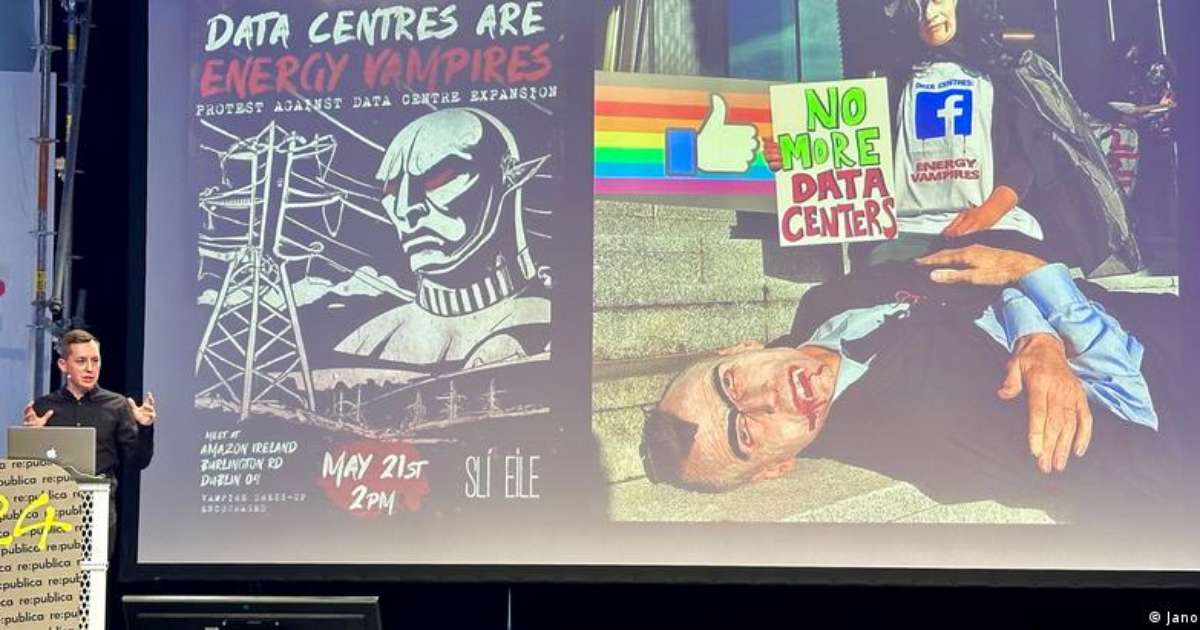Deepfake is a technique that uses artificial intelligence to create voices and images of people who have not performed certain actions. This technology, which was first widely used in movies, is now being used in fake kidnapping crimes where criminals use it to imitate the voices of their loved ones.
According to the U.S. Federal Trade Commission, it’s the second most common type of fraud among scammers, accounting for more than $11 million stolen in more than 36,000 reported cases in the U.S. alone in 2022.
According to Tecnoblog, a direct example is the parents of American Benjamin Perkin, who lost thousands of dollars after scammers used a lawyer’s deepfake to get in touch saying he had killed a diplomat in an accident. car and was arrested.
Initially, Perkin’s parents were suspicious and demanded to speak with their son, at which time the bandits used a deepfake with pre-obtained samples of his voice to speak to the victims impersonating him. saying he needed money to pay bail and get out of jail. The amount can never be refunded, because it was deposited in a bitcoin terminal.
Another person who almost fell victim to the same scam is 73-year-old Canadian Ruth Card, who received a call where the bandits used the same technique to impersonate her grandson. Ruth desperately went to the bank to withdraw 3,000 Canadian dollars, or about R$11,300, to get her grandson out of jail.
Luckily, the manager of the second bank she went to suspected the scam and suggested she try calling her grandson’s number, who answered the call confirming that he didn’t. had not been arrested.
According to the United States Federal Commission, police have had major problems investigating the arrest of those responsible for these scams, as they use disposable phones and there is no precedent to blame for the companies developing deepfake tools.
In addition, criminals use untraceable transfers via Bitcoin, which makes it impossible to recover values. As such, the advice is always to verify those involved in the scam by calling their relatives to confirm information before making any transfers.

“Pop culture fan. Coffee expert. Bacon nerd. Infuriatingly humble communicator. Friendly gamer.”






